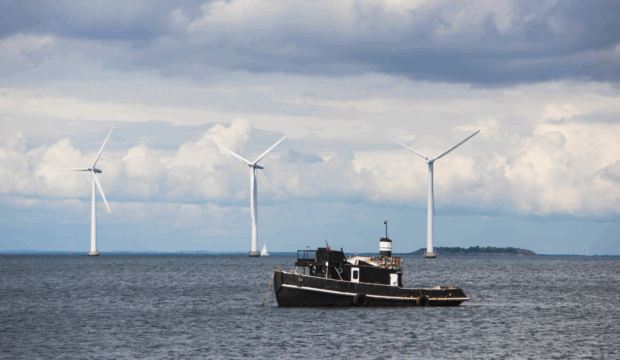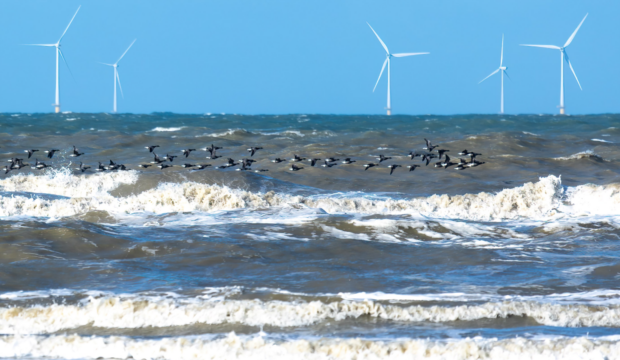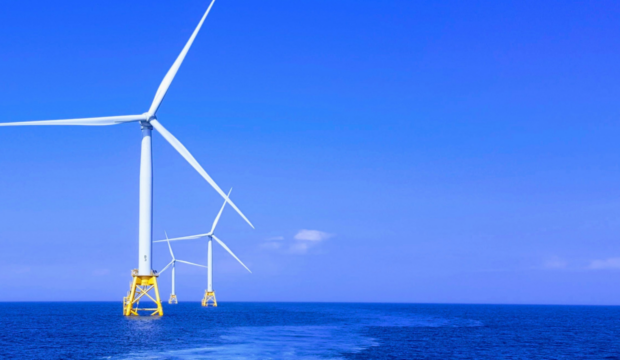The Renewables Grid Initiative (RGI), in collaboration with Members from the Offshore Coalition for Energy and Nature (OCEaN), commissioned the discussion paper “Essential Environmental Concepts for the Offshore Wind Energy Sector in Europe” in order to clarify key environmental concepts used in policy discussions regarding marine biodiversity protection and the expansion of the offshore wind energy sector.
Offshore wind energy and the associated electricity grid are crucial in the transition to a renewable energy system but place pressures on marine ecosystems that are already being degraded by humans. To address the complexity of protecting nature while developing energy infrastructure, it is essential that stakeholders have a shared understanding of relevant environmental challenges and solutions, and a common language to describe them. This new RGI report reviews the key environmental concepts relevant in guiding the sustainable development of the offshore wind energy sector.
Sixteen concepts were identified by OCEaN Members as being relevant for their offshore work: Conservation, Critical habitat, Ecological opportunity, Ecological risk, Ecosystem approach, Ecosystem restoration, Ecosystem services, Good Environmental Status, Mitigation hierarchy, Nature-based solutions, Nature-inclusive design, Nature positive, Precautionary principle, Pressures and impacts, Seascapes approach, and, Sustainability.
This paper defines each concept, explains why it is relevant to the offshore wind energy sector and summarises key issues, flagging the inter-linkages between them.
Author Dr PJ Stephenson is an independent conservation and sustainability consultant, chair of the IUCN SSC Species Monitoring Specialist Group and a Research Fellow at the University of Lausanne, Switzerland.
Tags:
Share article:
Contact
Should you have any questions, please get in touch with:




